Annual REcommendations
Comprehensive Wellness Examination:
Includes a head-to-tail examination, discussion about your horse’s nutrition, and any other concerns you may have.
Per Oregon State Law: An examination within the last year is needed to prescribe any medications, this is mandatory to maintain a Veterinary Client Patient Relationship (VCPR).
Dental Examination:
An oral examination with sedation should be performed with a possible occlusal adjustment (float) at least once annually
Horses are prey animals and will hide painful dental conditions for years. The best way to identify and treat potentially painful dental disease is an annual complete, sedated oral exam by a qualified veterinarian.
Deworming:
All horses aged 2+: Twice annual worming is recommended
Spring: Quest Plus (moxidectin + praziquantel)
Fall: Ivermectin
A fecal egg count should be performed in mid-summer to determine if your horse needs to be dewormed more frequently.
Horses under 2 years of age: Please call for individualized recommendations
Core Vaccines:
(Eastern & Western Equine Encephalomyelitis, Rabies, Tetanus, West Nile Virus)
These diseases are in the environment or spread by mosquitoes
All horses should be vaccinated for these core diseases once a year, even if they do not leave the property
Flu/Rhino (Equine Influenza and Rhinopneumonitis):
Equine Flu and Rhinopneumonitis (EHV-1 and 4) are very contagious respiratory viruses.
If your horses leave home or come into contact with traveling horses, we recommend that these vaccines are administered every 6 months.
Strangles (Streptococcus Equi Equi) :
Strangles (Strep equi equi) is caused by bacteria. It is spread from horse to horse and can cause significant illness.
Young horses are especially susceptible to this disease.
High-risk activities include going to the trainers and congregating with other young horses, and horse shows.
An initial booster series is 2 doses given 2-3 weeks apart. Your annual exam is an excellent time to discuss if a strangles vaccine is appropriate for your horse.
Geriatric horse care:
One in five horses over the age of 15 years has Equine Cushing’s Disease which can lead to life-threatening complications if not treated early.
We recommend that all horses over this age have blood work performed to screen for organ dysfunction, immune impairment and metabolic diseases.
Geriatric horses also have specific dietary, dental, and management considerations.
Your annual exam is an excellent time to discuss this with your veterinarian.
Coggins Testing:
“Coggins” refers to testing for Equine Infectious Anemia (EIA)
EIA is an incurable, potentially fatal disease that is regulated strictly in the United States. It is bloodborne and spread by biting insects and sharing needles and syringes.
A negative Coggins test within the last year is required for any inter-state transport or to obtain a health certificate, international transport, and many horse shows.
It is recommended that any horses in high-traffic barns also have annual Coggins testing performed to ensure negative status and reduce the spread of this disease.









